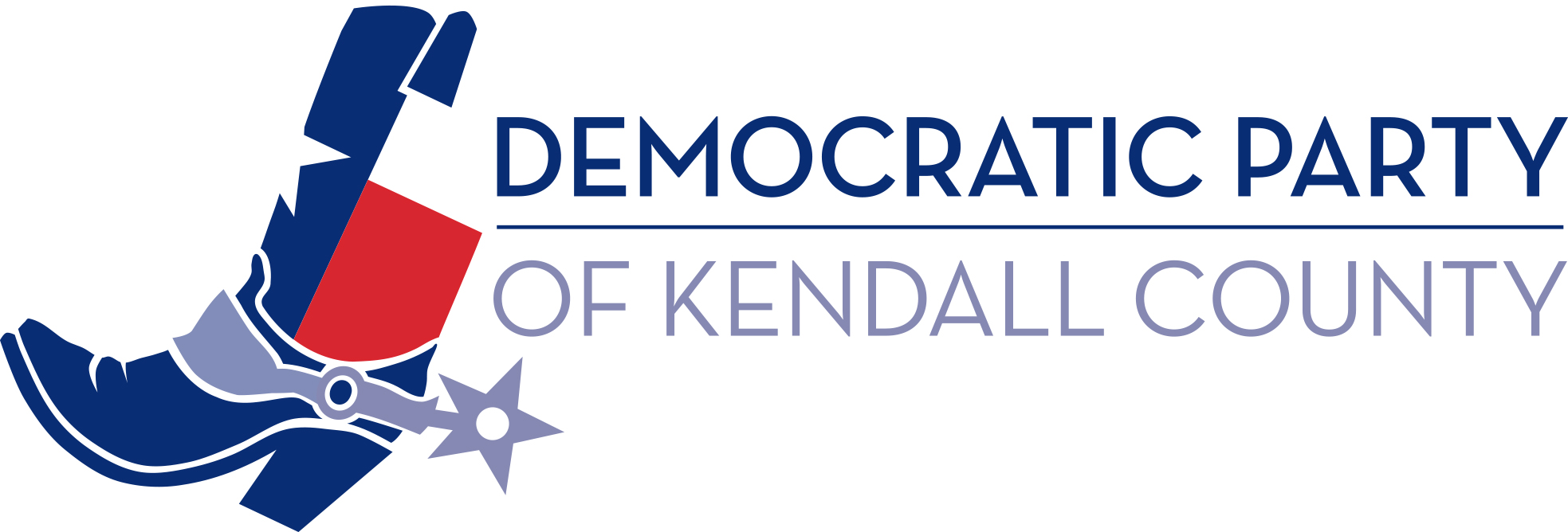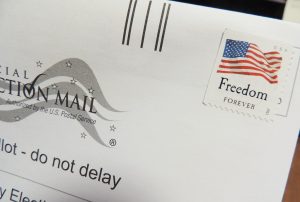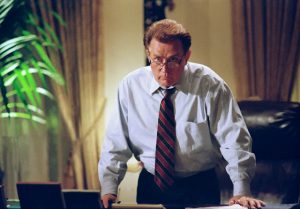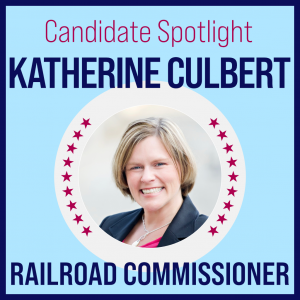by JC Dufresne
for the “Progressive Views” column, Boerne Star, October 22, 2021

Both the United States and Texas constitutions have strong protections for religious liberty incorporated in them. Unfortunately some folks have let their desire to participate in church services overwhelm their sense of self-preservation and their duty to protect their community by demanding the right to attend church services where their actions increase the chances of spreading a disease that is as much as 20 times more deadly than influenza. In response to efforts by local government to protect public health through limiting the number of attendees in churches and other businesses and in some cases closing them down temporarily, some legislators proposed a bill to disallow any level of government from putting limits of any kind on services at churches, synagogues, mosques, and temples.
Should Proposition 3 pass in November the following text will be added to Article 1 Sec.6-a of the Texas Constitution. “This state or a political subdivision of this state may not enact, adopt, or issue a statute, order, proclamation, decision, or rule that prohibits or limits religious services, including religious services conducted in churches, congregations, and places of worship, in this state by a religious organization established to support and serve the propagation of a sincerely held religious belief.”
As Rep. John Turner pointed out during debate on the bill, if passed by the citizens of Texas the language in Proposition 13 “… would mean there could never be any restrictions on capacity.” Those signs you often see at various venues servicing large numbers of people that say something like “Capacity Limit 230 by order of the Fire Marshal” would no longer be enforceable at any site where religious services are occurring because the Fire Marshal would be prohibited from regulating the number of people allowed in such a building even though that regulation is in place to prevent people from being killed in case of a fire.
According to the Texas Tribune, “Critics of the proposal worry the change could prevent the government from acting to protect people in future emergencies, such as evacuations and public health emergencies.”
In an op-ed on El Paso Matters, David Marcus writes, “Proposition 3 would apply in non-pandemic scenarios. For example, a fire marshal might not be able to ensure that a church complies with occupancy limits and emergency exit requirements. Yet, the amendment would not apply to any other public institution in which health and safety limitations would still apply. And in other cases of overcrowding, the potential for catastrophe is real if, for example, a natural disaster or human-made situation impairs the ability of people to leave a building quickly and safely.”
Since Proposition 3 is so broadly worded, current prohibitions which have been upheld by the courts against congregations using psychedelic drugs such as mushrooms or peyote would be overridden, Rastafarians would have to be allowed to use of ganja (marijuana). I actually don’t have a problem with relaxing drug use prohibitions but point it out as an unintended consequence of unnecessary and poorly thought-out legislation.
This kind of foolishness is counter to most underlying religious principles and weakens religious communities. Allowing Proposition 3 to pass likely will lead to higher death tolls from highly contagious diseases among religious people. Fortunately some religious leaders are forming coalitions to push back on Proposition 3 because they recognize that the health and safety of their flocks and the larger community is far more important than missing a few weeks of church services in the grand scheme of things.
If you truly care about your friends and neighbors push back on Proposition 3, talk to your family, friends and neighbors about it, warn them of the unintended consequences that risk so much, and urge them to vote no.
Ready to get involved?
Learn more about upcoming opportunities to take action online and/or in our own community.



